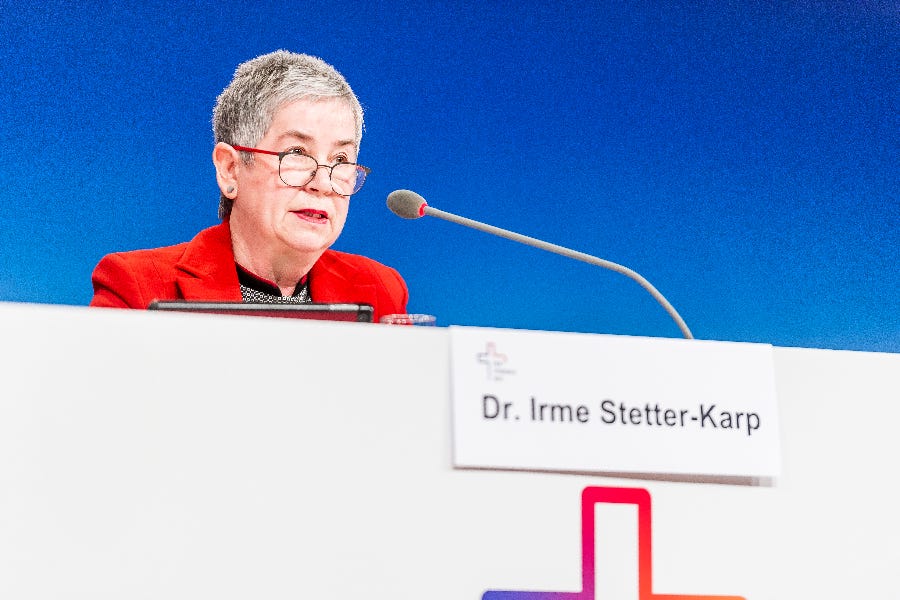ZdK v. AfD: A new battle line in the German Church
A prominent German lay leader has called for members of a surging hard-right political party to be excluded from Church offices.
A prominent German lay leader has provoked debate with a call for members of a surging hard-right political party to be excluded from holding Church offices.

Irme Stetter…
